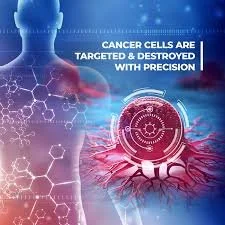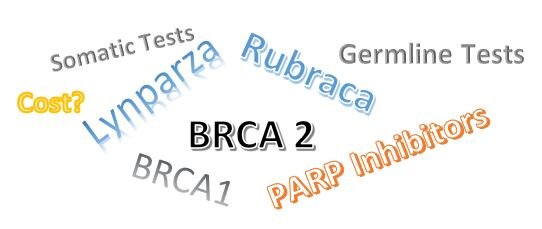The mainstay for prostate cancer treatment at all stages is hormone therapy (ADT), but ADT eventually fails. A team at Duke Cancer Institute has been working on an alternative treatment approach that would bypass this problem.
Is ADT Necessary When You Take Abiraterone Acetate (Zytiga)?
Relugolix - An Oral Lupron Like Drug – On The Horizon
Myovant Sciences has developed an alternative gonadotropin-releasing hormone (GnRH) antagonist named relugolix. Their still investigational treatment is an oral (taken by mouth) as opposed to an injectable gonadotropin-releasing hormone (GnRH) antagonist. It has completed a very successful phase III clinical trial called HERO has been submitted to the FDA for approval. We at Cancer ABCs believe relugolix will be approved by the FDA shortly.
Degarelix Might Be Superior to Leuprolide in Minimizing Cardiovascular Disease and Incidents in Men with Prostate Cancer
We know that the incidence of both cardiovascular disease (CVD) and prostate cancer increase with age, resulting in higher mortality. CVD is the second most common cause of death in men with prostate cancer [1,2] Hormone therapy (ADT) with gonadotropin-releasing hormone (GnRH) agonists like Lupron for treatment of prostate cancer has been linked to additional increases in CVD morbidity and mortality. This link is especially evident in the first year of treatment [3], and men with a history of CVD are at higher risk [3].
Degarelix, which is different from the (GnRH) agonists, is a GnRH receptor antagonist also approved for the treatment of men with advanced prostate cancer. However, good data is suggesting that degarelix might have a lower incidence of causing CVD than the GnRH agonists
Castration Levels and ADT
Does Hormone Therapy (ADT) Work?
Through the work of Huggins et al. [1] in 1941, it was shown that metastatic prostate cancer responds positively to an orchiectomy (surgical castration). We now know that there isn’t any other therapy which produces a more reliable regression of both distant and local disease than androgen withdrawal (ADT).
Metformin, ADT and Advanced Prostate Cancer
What is the Correct Treatment Protocol if you Develop Lymph Node Metastasis after Surgery?
Having positive lymph node metastasis (LNM or pN1) after a radical prostatectomy (RP) to treat prostate cancer is a poor prognostic indicator. Knowing what the next best course of treatment is if you are in this situation remains questionable. To begin to understand and better answer this problem a group of researchers performed a comparative analysis of three of the current management strategies for men with positive lymph nodes after RP.
The Difference Between an Agonist, an Antiandrogen and an Antagonist in ADT?
Comments by Alan Meyer About the Treatment of Aggressive Prostate Cancer
Hormone Therapy Negatively Impacts African American Men
A study found that African American men had a higher rate of death from non-prostate cancer problems than non-African American men after receiving short-term hormone therapy (ADT) prior to having brachytherapy (seeds). There are significant implications beyond this research for African Americans using ADT for any purpose, including he treatment of advanced (progressive) prostate cancer.
A New Phase II Trial To Begin To Evaluate A Potential Treatment For ADT Related Hot Flashes
Two Studies Released At ASCO Demonstrate A Survival Advantage For Men Who Take Early Zytiga With ADT
Two game changing trials demonstrated that the early use of Zytiga along with hormone therapy (ADT) can provide a significant survival advantage for men with aggressive, hormone naive prostate cancer. The data is very clear for men with metastatic disease, but there remains some controversy if this holds up for men who are not metastatic.









